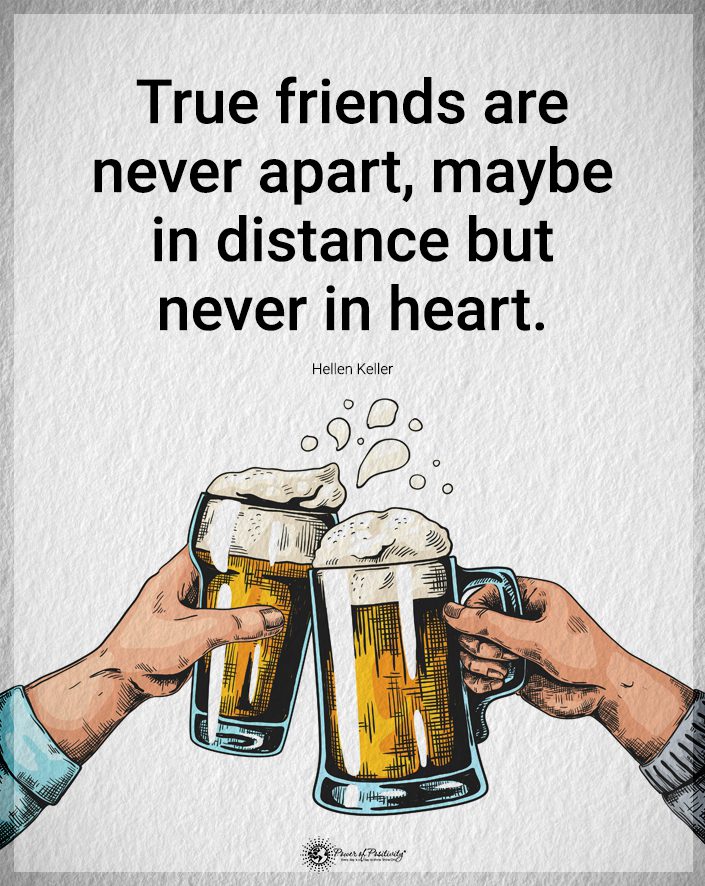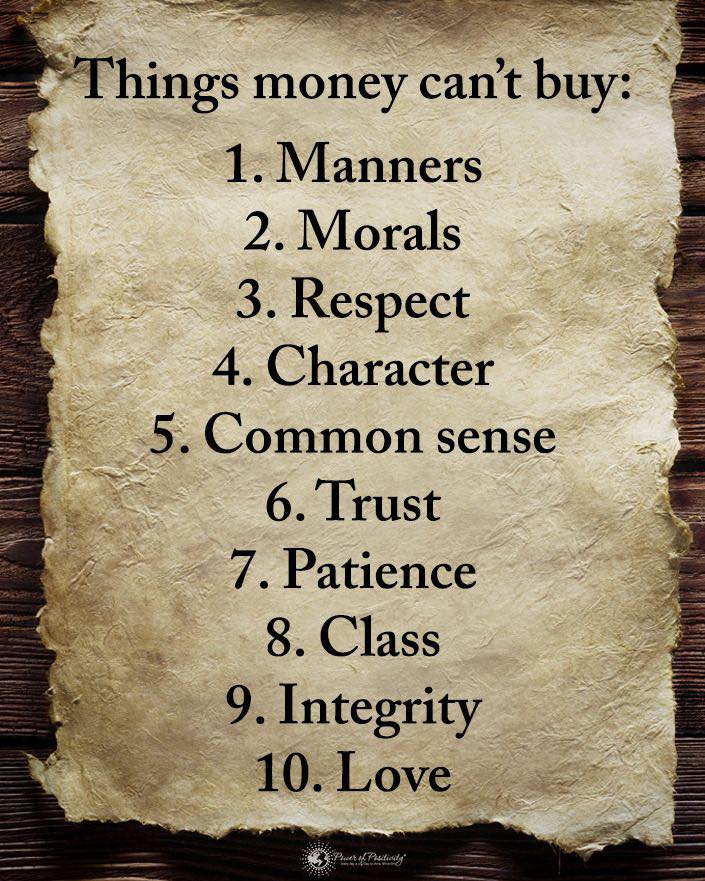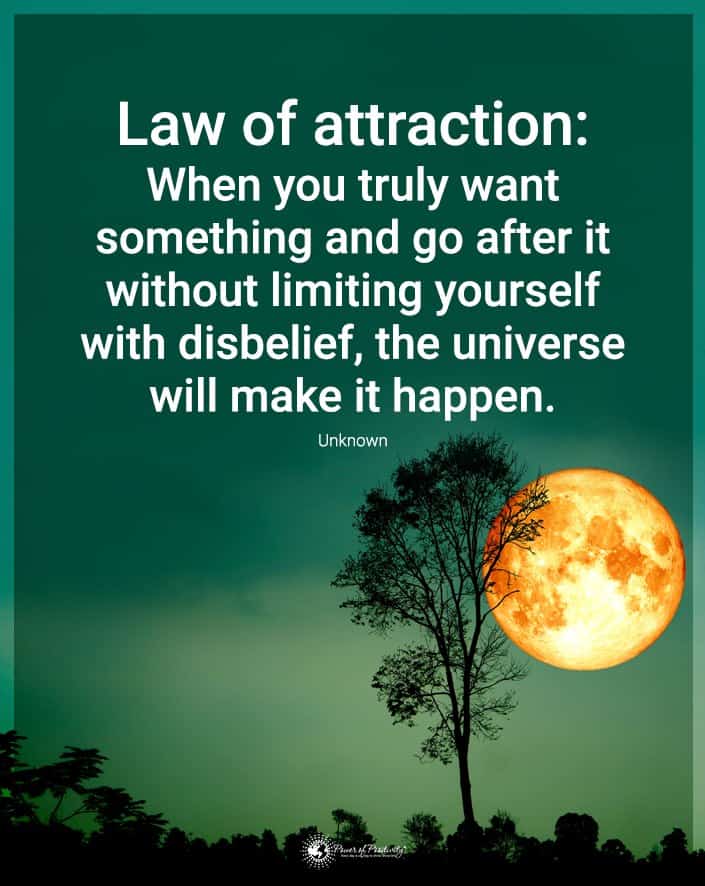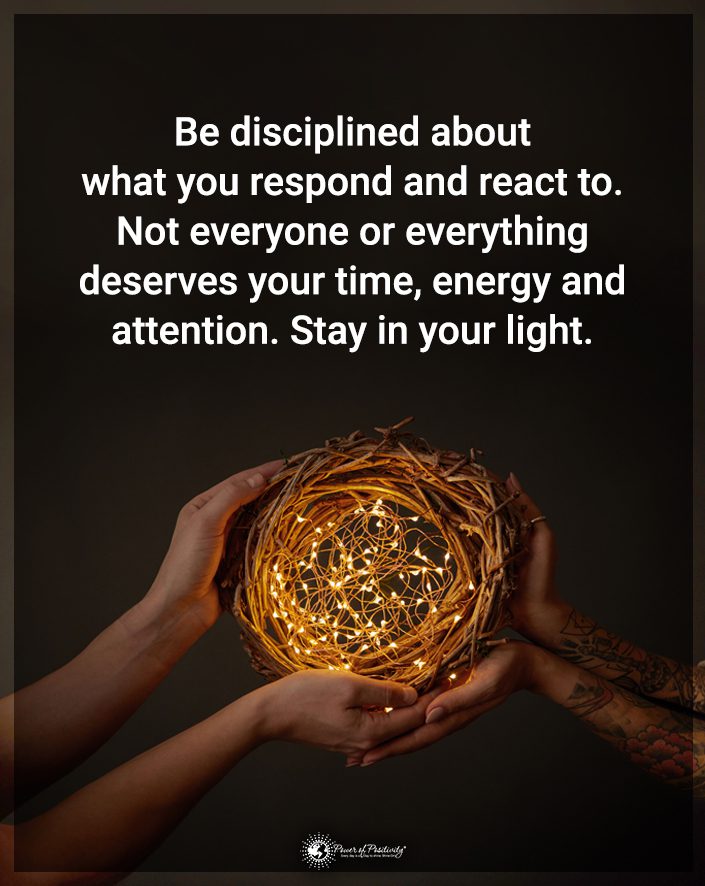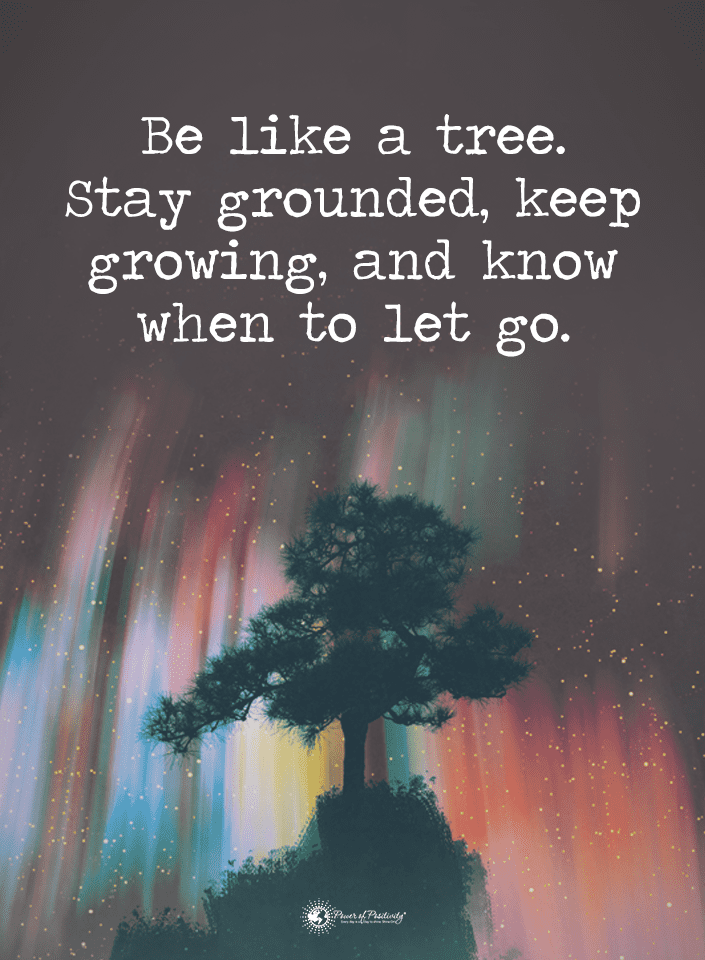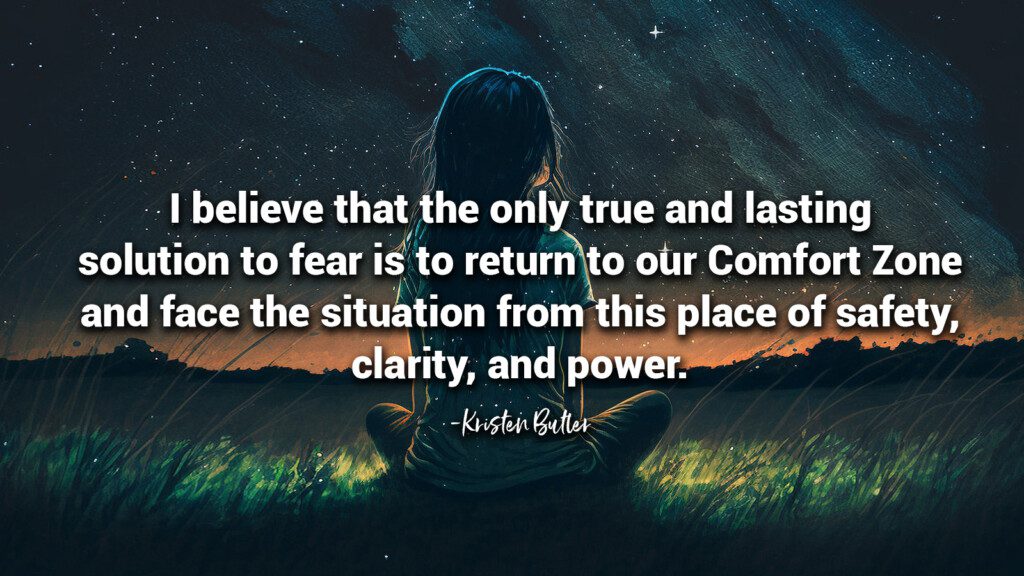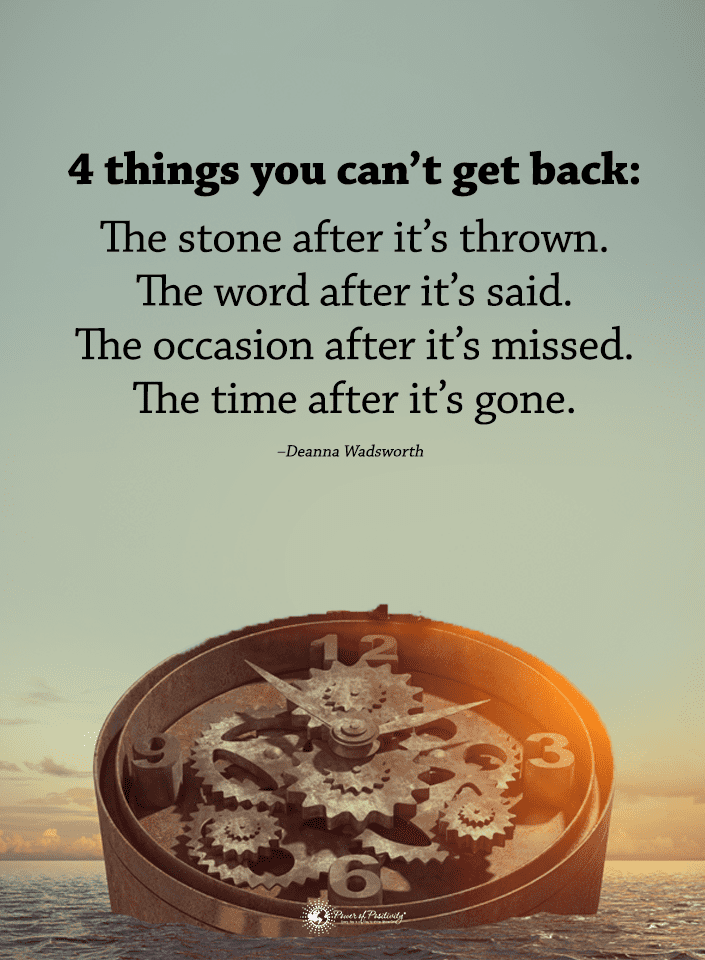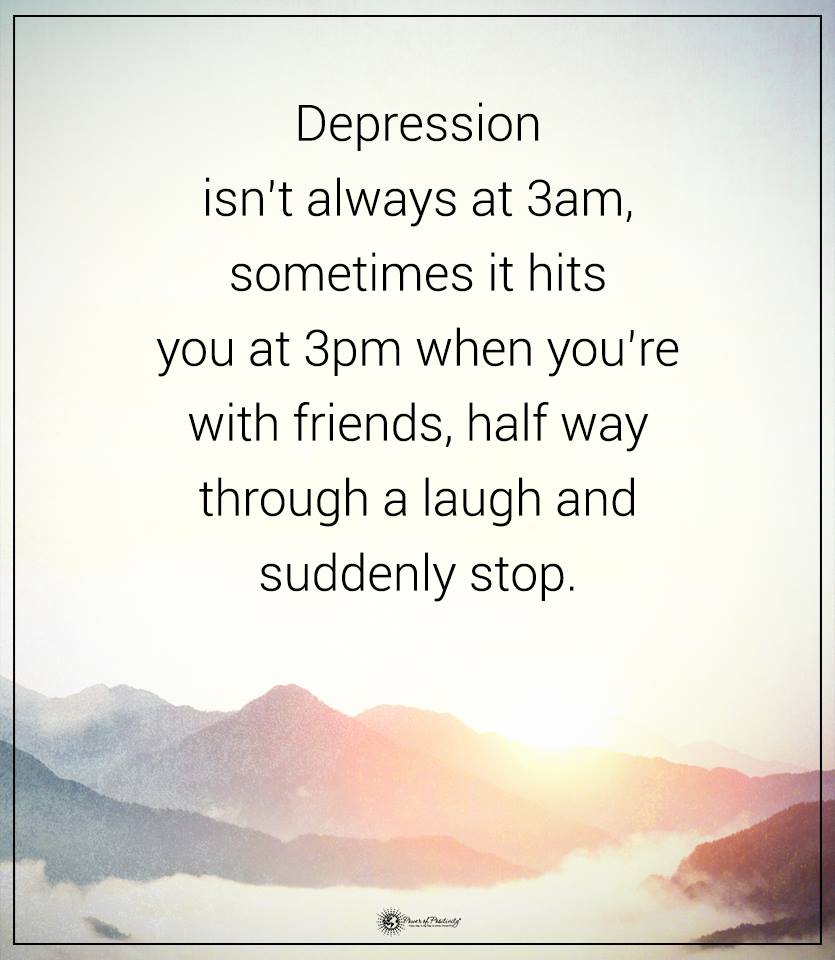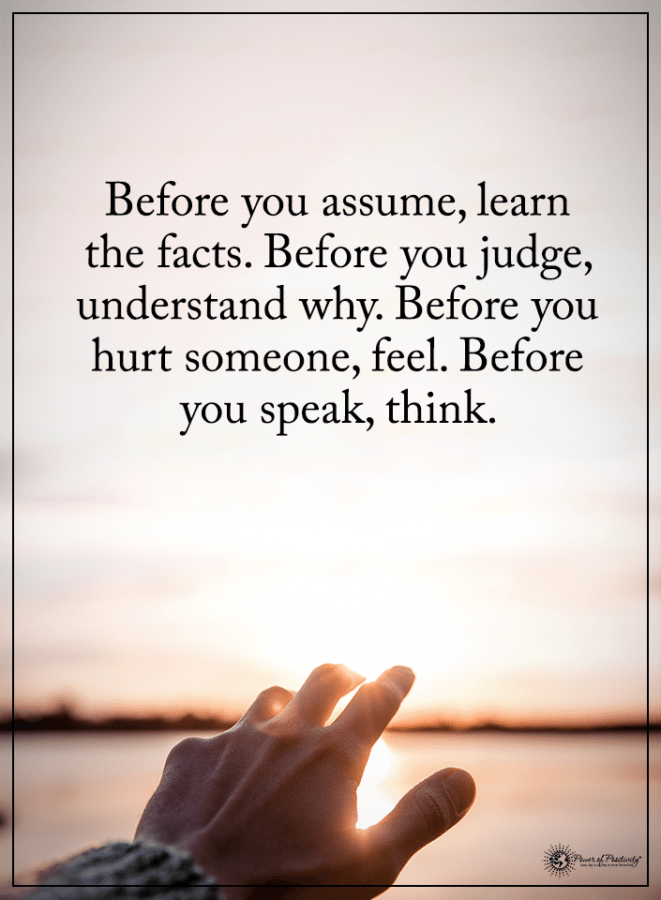Here are some good reasons to have a few close friends
In a world where the fast pace of life can often lead us to feel isolated and disconnected, the value of strong friendships becomes increasingly clear. Psychology provides a deeper understanding of how each of our friends may enrich our lives. Indeed, many say these connections are essential for our mental and physical well-being.
Even health experts tout the vital role connecting with others can play. The United States Centers for Disease Control and Prevention writes:
“When people are socially connected and have stable and supportive relationships, they are more likely to make healthy choices and to have better mental and physical health outcomes.”
The Psychological Impact of Friendships
Friendships are all about connection and support. Psychologists have found that having strong, healthy friendships can significantly impact our mental health.
Friends provide a sense of belonging, an essential component for emotional stability. When we share our lives with friends, we create a network of support and understanding. That support can be particularly valuable during challenging times.
Strong friendships also contribute to our sense of identity. Our friends often reflect aspects of who we are or aspire to be. They play a crucial role in shaping our perceptions of ourselves and our world. Through these relationships, we learn about trust, empathy, and cooperation, vital skills for navigating life’s complexities.

The Role of Friendships in Stress Reduction
“The most beautiful discovery true friends make is that they can grow separately without growing apart.” – Elisabeth Foley.
Life inevitably comes with its share of stress, but having close friends can help mitigate its effects. Engaging in heartfelt interactions with friends releases oxytocin, often called the “love hormone,” which can reduce stress and promote calm and security. Moreover, laughter and enjoyment, frequent components of friendly interactions, are natural stress relievers.
In times of stress, friends can also offer practical support and advice. Whether helping to solve a problem, offering a different perspective, or just providing a listening ear, friends can help us navigate tough situations more effectively than facing them alone.
Friends and Your Physical Health
“A real friend is one who walks in when the rest of the world walks out.” – Walter Winchell.
The benefits of strong friendships extend beyond our mental and emotional well-being; they also positively influence our physical health. Studies have shown that individuals with a robust social network tend to live longer and have a lower risk of a range of health issues, including heart disease and stroke. This correlation may be due to the stress-reducing effects of friendship and encouraging healthy behaviors within social groups.
Additionally, friendships can play a critical role in recovery from illness. The emotional support and practical help friends provide can significantly improve recovery outcomes. Motivation and positive reinforcement from friends can also be crucial in maintaining healthy habits and lifestyle changes.
Nurturing and Maintaining Friendships
“Friendship is born at that moment when one person says to another, ‘What! You too? I thought I was the only one.'” – C.S. Lewis
Given the significant benefits of friendships, investing time and effort into nurturing these relationships is important. Maintaining strong friendships requires communication, empathy, and commitment. It’s about being there for each other in times of joy and hardship.
We need regular interaction. That means, though, we need a healthy blend of personal encounters and digital interactions. These can be through face-to-face meetings, phone calls, or digital communication, which helps keep the bond strong.
It’s also important to be mindful of the quality of our friendships. Mutual respect, trust, and understanding are the foundations of a strong friendship. Sharing openly and honestly, without fear of judgment, strengthens the bond between friends.
Overcoming Challenges in Friendships
“Don’t walk away, don’t be distracted, don’t be too busy or tired, don’t take them for granted. Friends are part of the glue that holds life and faith together. Powerful stuff.” – Jon Katz
Like any relationship, friendships can face challenges. Misunderstandings, differences in opinions, and changes in life circumstances can strain friendships. However, open communication and a willingness to understand each other’s perspectives can often overcome these challenges.
Recognizing when a friendship may no longer be healthy is also important. Friendships that consistently bring stress or negativity need to be re-evaluated. While it can be difficult, sometimes moving on from unhealthy relationships is necessary for our well-being.
The Digital Age and Making Friends
“In the digital age, don’t forget to use your digits! Your fingers can dial phones, write letters, and hug your friends.” – Robert Breault.
Thanks to social media, friendships have taken on new forms. Social media and other digital communication platforms have made it easier to connect with people worldwide. These tools can be a great way to maintain long-distance friendships or to reconnect with old friends.
However, the science regarding real-world friends vs. connecting online is clear. It’s crucial to maintain a balanced blend of both online interactions with face-to-face connections. Physical presence and personal interaction still play an irreplaceable role in building and maintaining strong friendships.
Enhancing Personal Growth and Development
“Friends are those rare people who ask how we are and then wait to hear the answer.” – Ed Cunningham.
One of the less discussed but equally significant aspects of strong friendships is their role in personal growth and development. Friends often act as mirrors, reflecting our strengths and weaknesses, thus enabling us to understand ourselves better. They challenge us, celebrate our successes, and support us through failures.
This environment of encouragement and honest feedback is essential for personal development. Through various experiences shared with friends, individuals learn to navigate different perspectives and develop resilience. We also learn to have a deeper understanding of human interactions. This personal growth not only benefits the individual but also enriches the relationships they have, creating a cycle of positive development.
The Role of Friendships in Enhancing Creativity and Joy
“There is nothing better than a friend, unless it is a friend with chocolate.” – Linda Grayson.
Friendships can be a tremendous source of creativity and joy. Sharing hobbies, interests, and activities with friends can lead to flourishing creative ideas. Collaborative endeavors, whether artistic projects, business ventures, or simple DIY tasks, are often more enjoyable and fruitful when undertaken with friends.
The shared creativity not only leads to the production of something tangible but also strengthens the bonds of friendship. Moreover, the joy derived from engaging in fun activities, experiencing new adventures, and creating lasting memories with friends contributes to an overall sense of happiness and fulfillment in life.
The Impact of Friends on Mental Resilience
“In the cookie of life, friends are the chocolate chips.” – Salman Rushdie.
In today’s fast-paced world, mental resilience has become a crucial skill, and friendships play a significant role in developing this resilience. When faced with life’s challenges, the emotional support provided by friends can be a lifeline. Knowing that there is someone to lean on can make a significant difference in how individuals cope with stress, anxiety, and depression.
The reassurance that comes from a supportive friend can help one navigate through difficult times, making problems seem more manageable. Additionally, friends can offer different perspectives, helping break negative thinking cycles often accompanying tough situations.
Friendships Across Lifespan: Adapting and Evolving
“Friends are part of the glue that holds life and faith together. Powerful stuff.” – Jon Katz
The value of friendships is not confined to a particular age or phase of life; rather, it evolves and adapts throughout one’s lifespan. From the playmates of childhood to the confidantes of adolescence. Later in life, those companions of young adulthood may grow into the companions of old age. Each phase of life brings its own unique friendship needs and experiences. These evolving relationships provide continuity and a sense of identity over time.
As people age, friendships may change. Still, the fundamental need for connection and companionship remains. Older adults, in particular, can find great solace and joy in cultivating strong connections and combating feelings of loneliness and isolation. This adaptability of friendships across different stages of life underscores their enduring importance and value.
Final Thoughts on Why We All Need Strong Friendships in Our Lives
The importance of strong friendships is clear. These relationships provide emotional support, reduce stress, and positively impact physical health. Building friendships requires effort and commitment, but the rewards are immeasurable. In a world that can often feel lonely and disconnected, the value of a good friend is truly priceless.
Friendships are a source of joy and vital to a healthy, fulfilling life. As we navigate through the complexities of life, let us remember to cherish and nurture these essential bonds. Let’s end with a quote from Helen Keller, who had some wise words about friendships: “Walking with a friend in the dark is better than walking alone in the light.”

